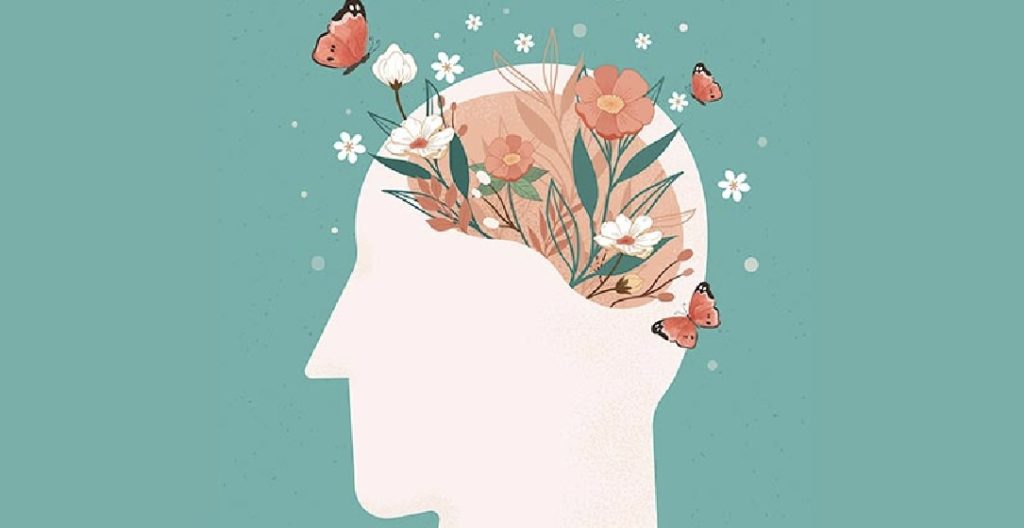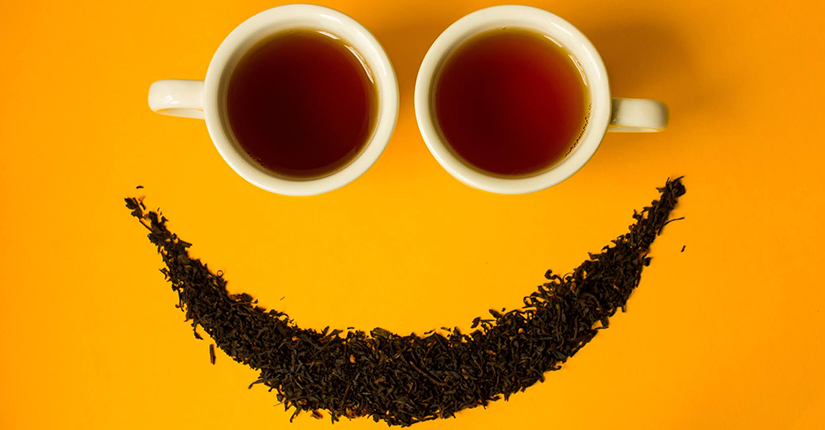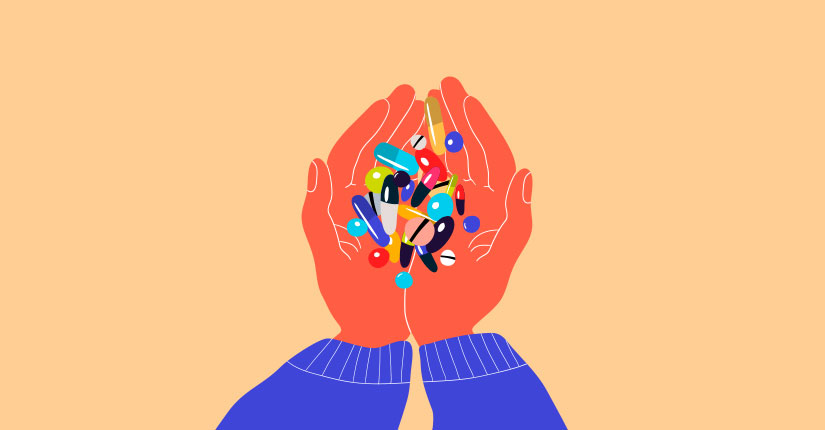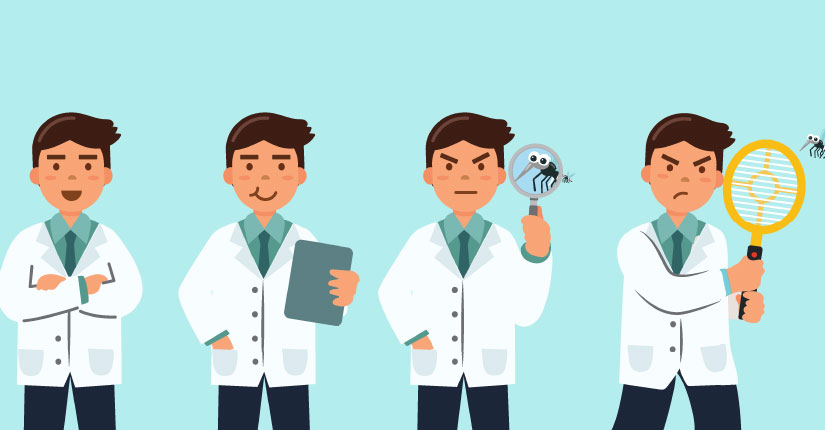Mental Health: Understanding the 4 Happy Hormones
By Nmami Agarwal 20-May 2023 Reading Time: 5 Mins

Mental health is an integral part of our overall well-being, and it’s essential to maintain it to lead a happy and fulfilling life. While many factors influence mental health, hormones are crucial in regulating our emotions, moods, and behaviours. In this blog post, we will explore the four happy hormones and their role in promoting positive mental health.
- Dopamine
Dopamine is a neurotransmitter that plays a critical role in reward-seeking behaviour, motivation, and pleasure. It is often referred to as the “feel-good” hormone as it activates the pleasure centres in our brains, giving us a sense of satisfaction and happiness. Dopamine is released when we achieve a goal, receive a reward, or engage in activities that we enjoy.
However, dopamine can also lead to addiction if it is released in excess. For example, people who struggle with addiction may have an imbalance in dopamine levels, causing them to crave the rush of pleasure that drugs or other addictive behaviours provide. Therefore, it’s essential to maintain a healthy balance of dopamine to avoid addiction and promote positive mental health.
- Serotonin
Serotonin is another neurotransmitter that plays a crucial role in regulating mood, appetite, and sleep. It is often referred to as the “happy hormone” as it is responsible for creating feelings of happiness and well-being. Serotonin levels can be influenced by factors such as diet, exercise, and exposure to sunlight.
Low levels of serotonin are associated with depression, anxiety, and other mood disorders. Therefore, it’s essential to maintain healthy levels of serotonin to promote positive mental health. Activities that increase serotonin levels include exercise, exposure to sunlight, and eating foods high in tryptophan, such as turkey, chicken, and nuts.
- Oxytocin
Oxytocin is a hormone that is often associated with social bonding, trust, and intimacy. It is released during physical touch, such as hugging or holding hands, and is also released during childbirth and breastfeeding. Oxytocin promotes positive social behaviour and helps us feel more connected to others.
Low levels of oxytocin have been linked to social anxiety and other mood disorders. Therefore, it’s essential to engage in activities that promote social bonding and physical touch to maintain healthy levels of oxytocin. Examples include spending time with loved ones, volunteering, and engaging in physical touch, such as hugging or holding hands.
- Endorphins
Endorphins are chemicals produced by the body that act as natural painkillers and mood enhancers. They are released during exercise, laughter, and other pleasurable activities. Endorphins promote feelings of happiness, reduce stress and anxiety, and improve overall mental health.
Low levels of endorphins are associated with depression, anxiety, and other mood disorders. Therefore, it’s essential to engage in activities that promote the release of endorphins to maintain healthy levels of this happy hormone. Examples include exercise, laughter, and engaging in pleasurable activities.
In conclusion, understanding the role of hormones in mental health is essential for promoting positive mental health. The four happy hormones, dopamine, serotonin, oxytocin, and endorphins, are crucial in regulating our emotions, moods, and behaviours. By engaging in activities that promote the release of these happy hormones, we can maintain healthy levels and promote positive mental health.













